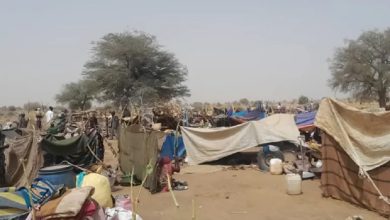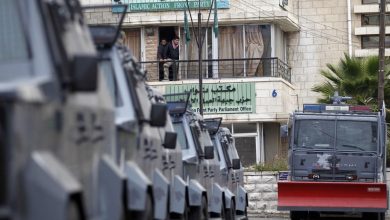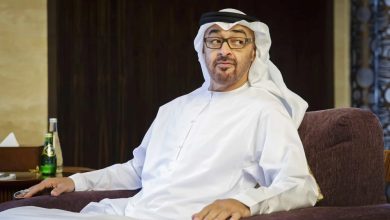UAE Faces Mounting Criticism Ahead of Hosting Global Conference: “End Human Rights Violations”

Watan – In the lead-up to the COP28 climate summit, Emirati activists are calling on their government to release all those unjustly imprisoned. The 28th Climate Summit, COP28, is scheduled to be held in Expo City, Dubai from November 30 to December 12, 2023.
Abu Dhabi faces escalating criticism and accusations of human rights abuses, especially given its role as the host of the climate summit. The UAE does not allow the formation of political parties and shows no leniency towards opposition, with strict media censorship in place.
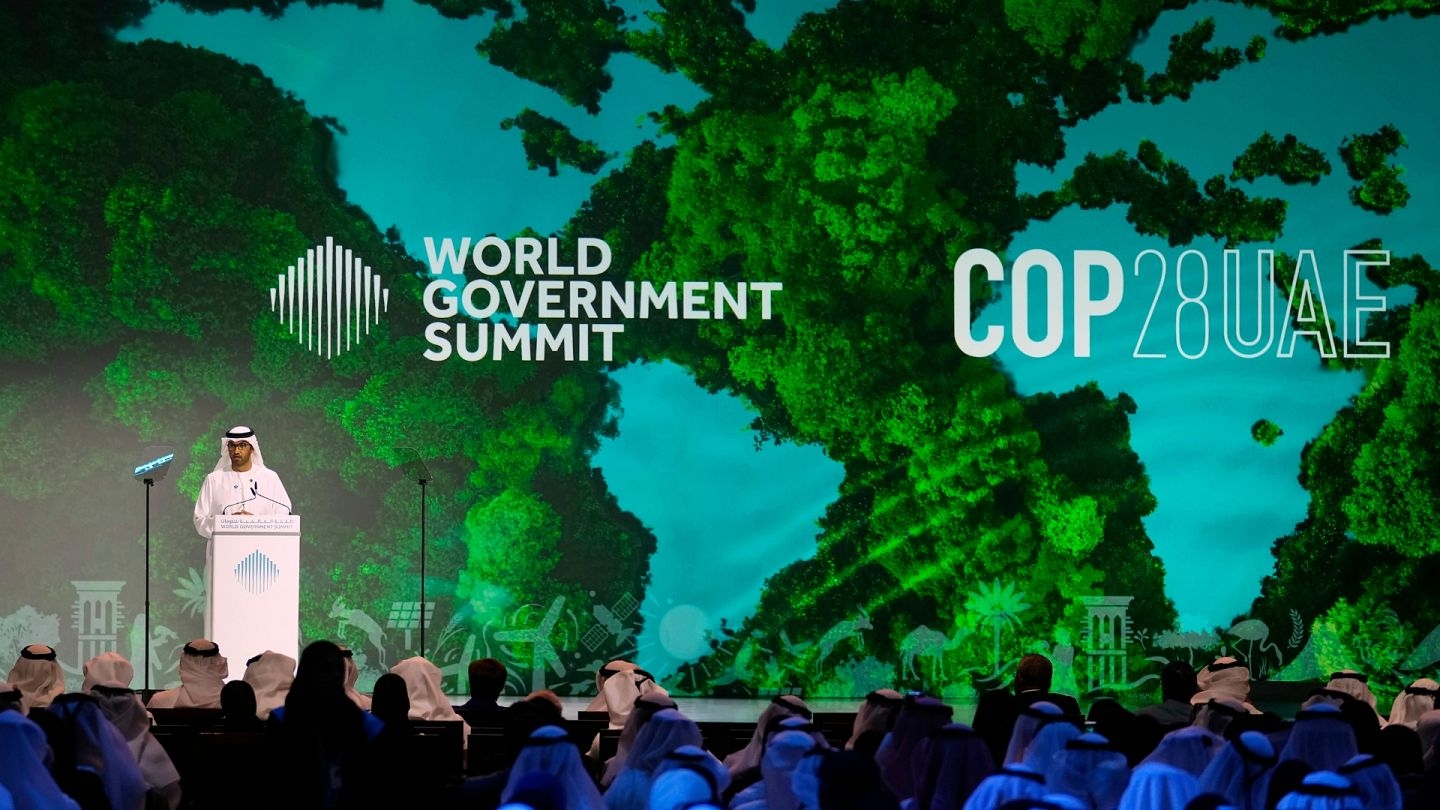
It’s anticipated that Expo City, Dubai will host the 28th Climate Summit. Moreover, Abu Dhabi imposes restrictions on freedom of expression and has often detained activists merely for their statements and opinions.
On the opposition website “Support UAE Detainees,” Emirati activists confirmed that their government continues to detain dozens of individuals, including 55 opposition members, lawyers, and others convicted in a mass trial known as the “UAE 94” case.
The UAE continues to suppress opposition, detaining prominent human rights defenders such as Ahmed Mansoor and Dr. Nasser bin Ghaith, and retaliating against others like Amina Al Abdouli and Mariam Al Balushi for speaking out about prison abuses.
The statement emphasized the need for authorities to also address other human rights abuses, such as monitoring government critics using advanced surveillance technology to suppress opposition and using repressive laws to imprison human rights defenders and opponents.
Among the UAE’s human rights violations is the effective denial of Emirati citizens’ right to peaceful assembly through strict legal restrictions and the denial of migrant workers, who suffer human rights abuses, the right to form unions.
In UAE prisons, at least 58 individuals remain detained even after serving their sentences. The Emirati authorities use Article 40 of Federal Law No. 7 of 2014 to regulate so-called “counter-terrorism crimes,” which provides a vague and broad definition of terrorism, to detain individuals indefinitely after they’ve served their sentences.
Observers believe that the process of detaining individuals after their sentences are not transparent and lacks the minimum standards of justice and due legal procedures.
Despite the UAE’s pledge to allow peaceful protests, some NGOs say they won’t attend the summit for fear of restrictions on freedoms or detention, while others have called for a boycott of the summit.
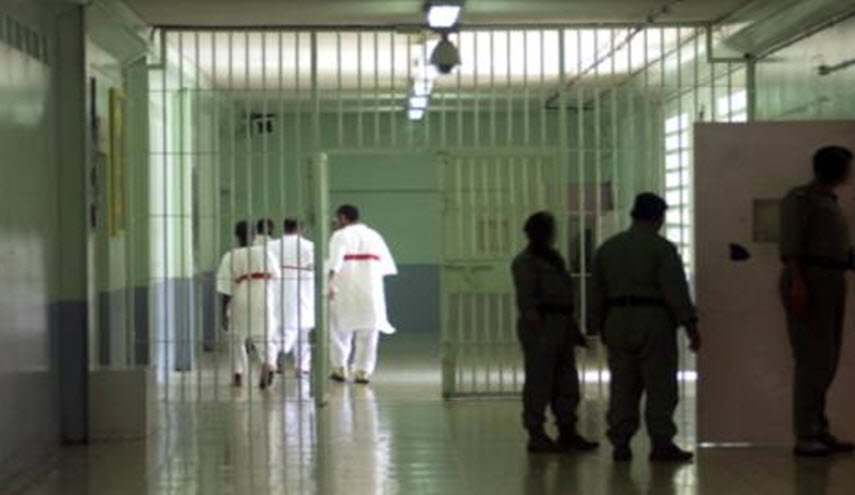
Sanjeev Berry, the Executive Director of Freedom Forward, an organization advocating for climate and human rights, questioned the feasibility of holding global climate negotiations in a country where peaceful opponents and activists are behind bars. He added that while fossil fuel lobbyists and oil executives would roam freely in the halls, climate and human rights activists would be concerned about UAE spies hacking their phones and wondering if they’d be thrown behind bars for speaking up.




